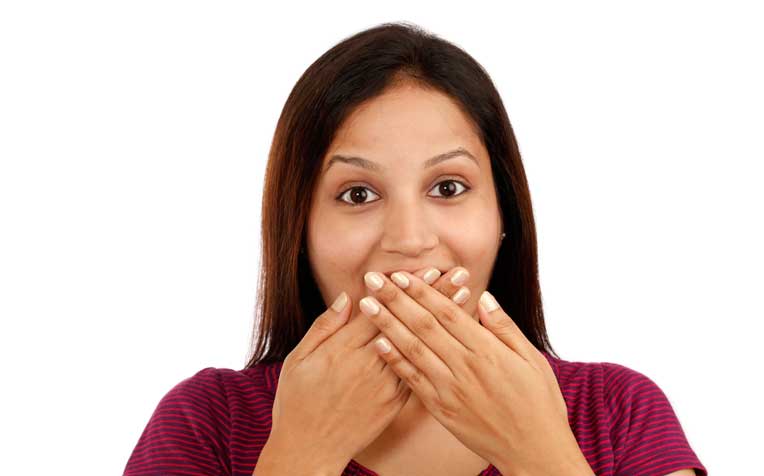
Perianal itching can be managed by eating fibre in moderation.
Perianal itching is often caused by excessive dietary fibre
Sufficient fibre intake is one of the hallmark recommendations for a healthy diet. However, it is possible to have too much of a good thing. If you regularly consume large amounts of fibre, you may find yourself experiencing an unpleasant sensation known as perianal itching, or itching in the area around the anus. Shedding light on this “prickly” topic is Associate Professor Tang Choong Leong, Head and Senior Consultant, Department of Colorectal Surgery, Singapore General Hospital (SGH), a member of the SingHealth group.
Causes of perianal itching
“A perianal itch has been traditionally associated with the presence of pinworms,” says A/Prof Tang. Also known as threadworms, this widespread intestinal parasite usually infects toddlers when they suck their contaminated thumbs, causing the worms’ eggs to be ingested. The adult worms stay in the colon and travel to the anal area where they lay eggs, resulting in irritation and itching, particularly at night.
Fortunately, with the high standards of hygiene and sanitation in Singapore, pinworm infestations are uncommon here according to A/Prof Tang. Instead, more prevalent medical causes of perianal itching include:
- Prolapsed haemorrhoids or piles
- Excessive skin tags in the anal area
- Skin conditions like Paget’s disease, viral warts and psoriasis
In most cases, the problem is caused by a combination of everyday-life factors:
- Frequent cleaning of the anal area, especially with soap, disinfectant or antiseptics
“Soap often leads to the excessive removal of natural protective oil on the skin, resulting in dryness and abrasion”, says A/Prof Tang. “Antiseptics and various products may also contain irritants.” In addition, scrubbing can cause skin damage that will worsen the itch.
- Frequent passage of loose stools, often due to a “healthy” diet comprising large amounts of dietary fibre
The tendency to clean excessively after passing loose stools may lead to small tears in the skin, triggering perianal itching, says A/Prof Tang. Furthermore, passing loose stools can cause minor staining on the perianal skin, especially after passing gas. This results in dampness and stool particles staying in the area, making it itch.
- Continual or recurrent scratching and irritation of the skin, causing skin damage
- Excessive consumption of coffee or tea
Tips to manage the itch
-
Eat fibre in moderation. “Perianal itching improves with the passage of firmer stools, so moderating your dietary fibre intake may help to achieve this,” says A/Prof Tang.
-
Clean the affected region regularly with warm water using a shower spray and gentle dabbing. This helps to remove stool particles and avoid skin damage through excessive rubbing, which is particularly important when you experience an itch attack.
- Apply a cream. A/Prof Tang advises using a barrier cream like silicone or a petroleum jelly product to protect the skin from damage. “Medicated creams may initially relieve the symptoms, but continued use may cause further irritation,” he adds.
Finally, remember that itching in the anal area is a very common phenomenon that is nothing to be embarrassed about. No one can properly examine that part of their body themselves, so don’t hesitate to consult a doctor to get help and ensure the itch is nothing to worry about.
Ref: R14
Contributed by














 Get it on Google Play
Get it on Google Play